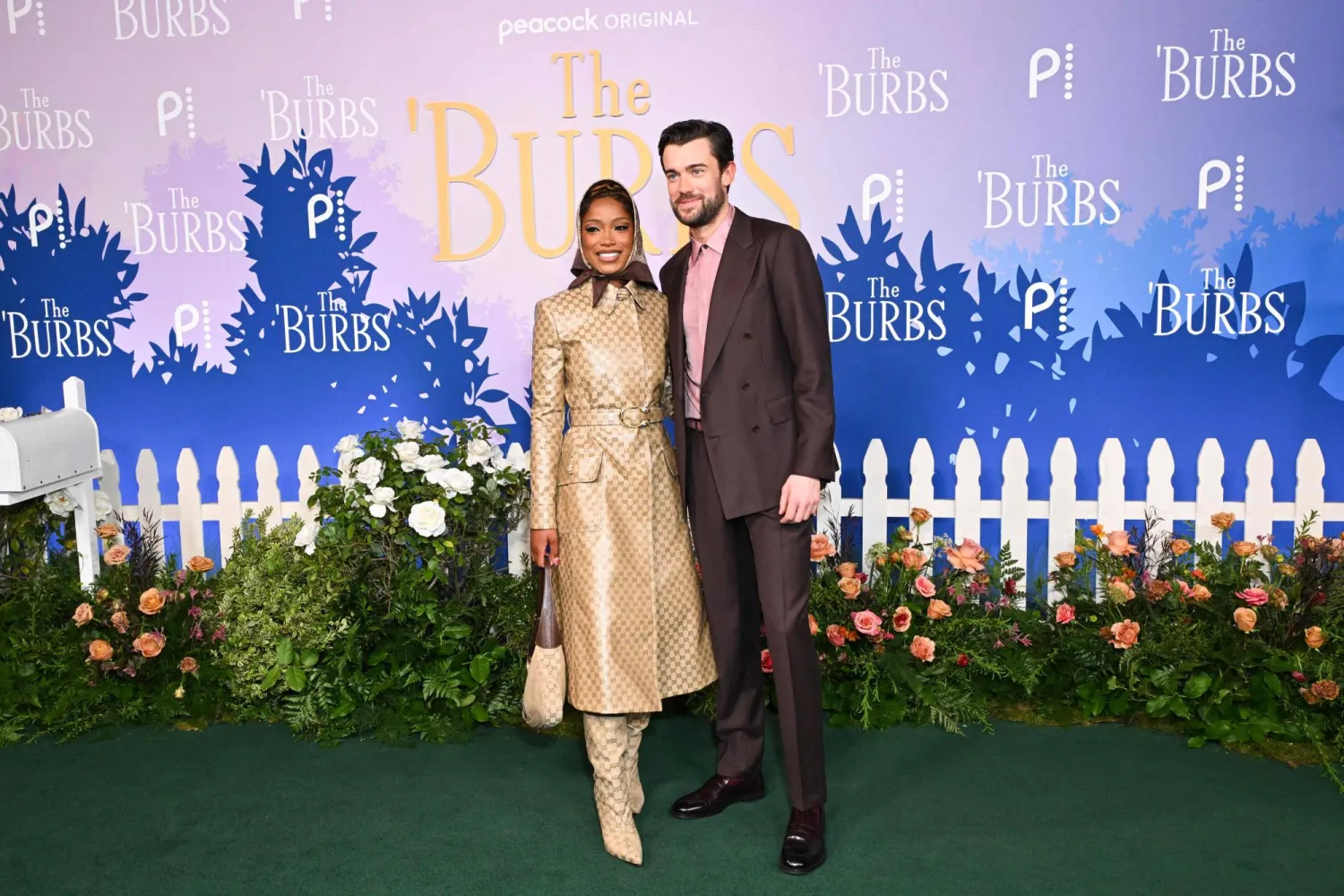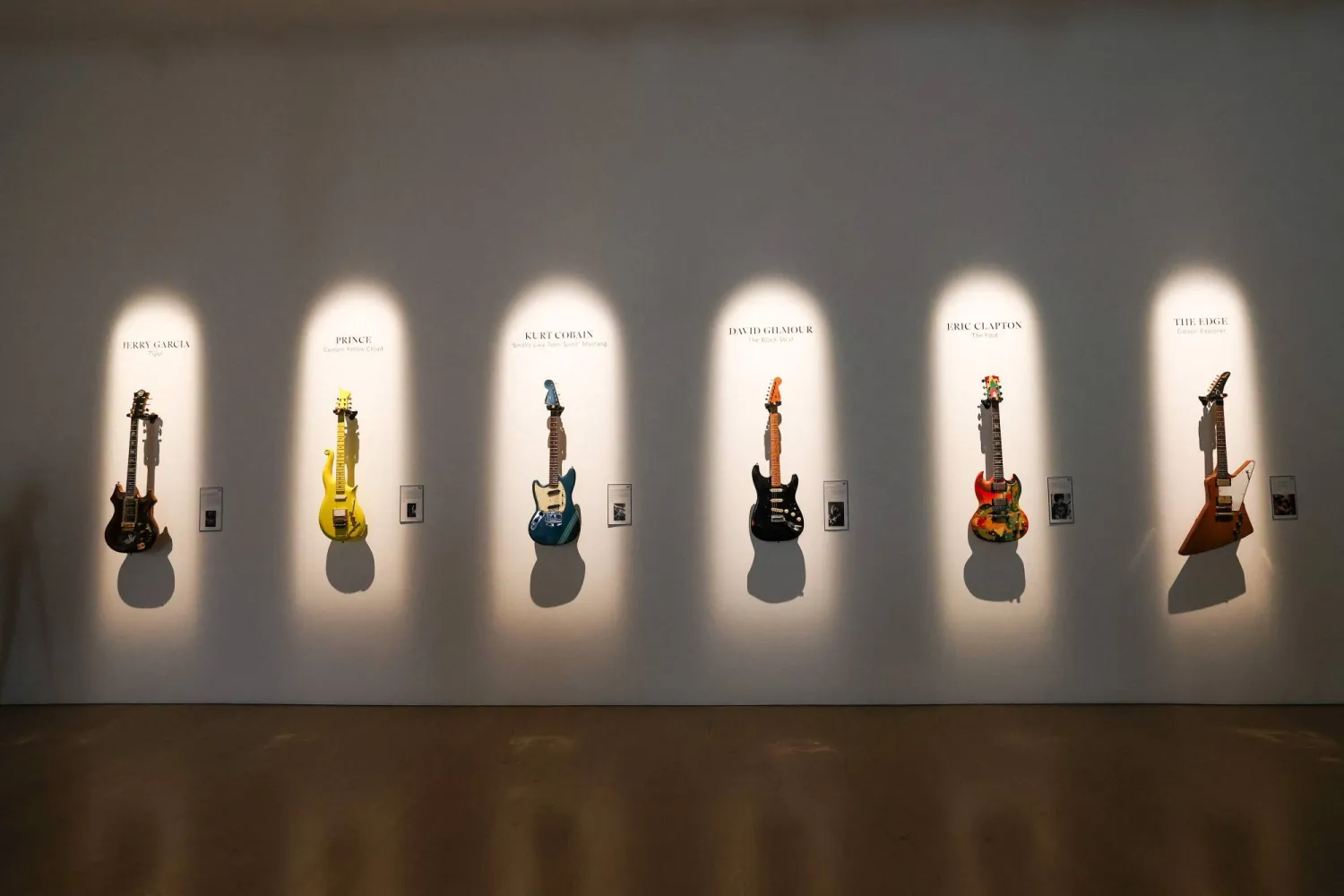If French Montana’s father never abandoned him as a teenager, the rapper believes he would not have grown into a popular figure who has earned three Grammy nominations.
Montana and his family left Morocco more than two decades ago in hopes of a better life in the US, but when times got tough, his father returned to their native country. Montana turned to New York City’s street life in the South Bronx for manly guidance while his mother served as the faithful backbone. It was his mother’s sacrifice to raise her sons as a single parent that inspired him to become a better man.
The “Pop That’’ rapper is telling that story in the documentary film “For Khadija,” a project named after his mother that recently premiered at the Tribeca Film Festival. The project touches on his rise as a successful recording artist and the plight of his single immigrant mother raising three sons.
“This is a story about the grind, the losses and the sacrifices,” said Montana about the documentary, which is executive produced by Drake and Sean “Diddy” Combs.
“That father figure left, and I had no guidance, so the streets became my father,” Montana said. “But my father didn’t’ have the right guidance himself. I think Allah moved him out of my life, because he had his own destiny for me. I’m sure (my father) wanted me to do a lot of things that he sees in his eyes. But I feel like when he left, French Montana took over.”
Montana’s music career includes several hits, including “Unforgettable” featuring Swae Lee. The Moroccan-born rapper earned his Grammy nominations through his songwriting endeavors on Kanye West’s “All Day” and being featured on “All the Way Up” with Fat Joe, Remy Ma and Infared. He’s also been actively fighting for global healthcare efforts in Uganda as a Global Citizen rap ambassador.
Montana feels no bitterness toward his father for leaving them during their stressful circumstances. His father wanted to return to Morocco for good after a couple opportunities didn’t pan out, but his mother was against taking the family back. She believed there were better opportunities in the United States.
“I ... respect the move he made, than if he would’ve stayed with us and we all suffered in New York,” he said. “I’m happy that he found his peace. If he stayed, I would have never been French Montana. Why would I be mad at him? That was the best thing he ever did for me as a man. He left me and I became a man. That’s how it’s supposed to be. The right way.”
With his mother having no work experience and unable to speak English, Montana said his father thought they would only last maybe a year or two before they too would return to Morocco. Instead, their time in America ultimately lasted 25 years.
In the documentary, Montana said he and his mother shared a heartfelt moment – which symbolized how her enduring faith helped them overcome a plethora of financial obstacles while she worked multiple jobs and prayed daily.
“When you see my mother kiss me on the forehead, it was us sacrificing, us going through the trials and tribulations,” he said. “It was really making the impossible come true. It was a miracle. It was no support except for the man upstairs.”
Director Mandon Lovett said he first became intrigued about Montana’s story after reading a 2012 article about him traveling to Morocco and seeing his father for the first time since the elder man left New York. Lovett was compelled by Montana’s story and wanted to one day work with him.
That moment came in 2017 when Montana took a trip to Morocco to film a music video for his song “Famous.” Through mutual acquaintances, the director was able to tag along and create a short sizzle reel.
After viewing all the material, Lovett said the story was strong enough to turn into a full-length project.
“From Morocco to New York, this story spans the globe,” said Lovett, who mentioned that Montana’s father has photos of all his sons through his apartment. “It’s a big, broad story. As French and I got to know each other, it took an even more of a turn which turned into a story that paid homage to his mother.”
Montana said naming the documentary after his mother was an easy decision after seeing Lovett’s finished product. The rapper said no accomplishment in his music career was greater than seeing his mother return to Morocco and hug her sister who she hadn’t seen in more than two decades.
“When we watched the film, I said to myself ‘This is bigger than me,’” he said. “When my mother hugged my aunt at the end, it was just a full circle moment. I came back to Morocco before my mother did. But the real warrior here, and the real struggle was her.”









